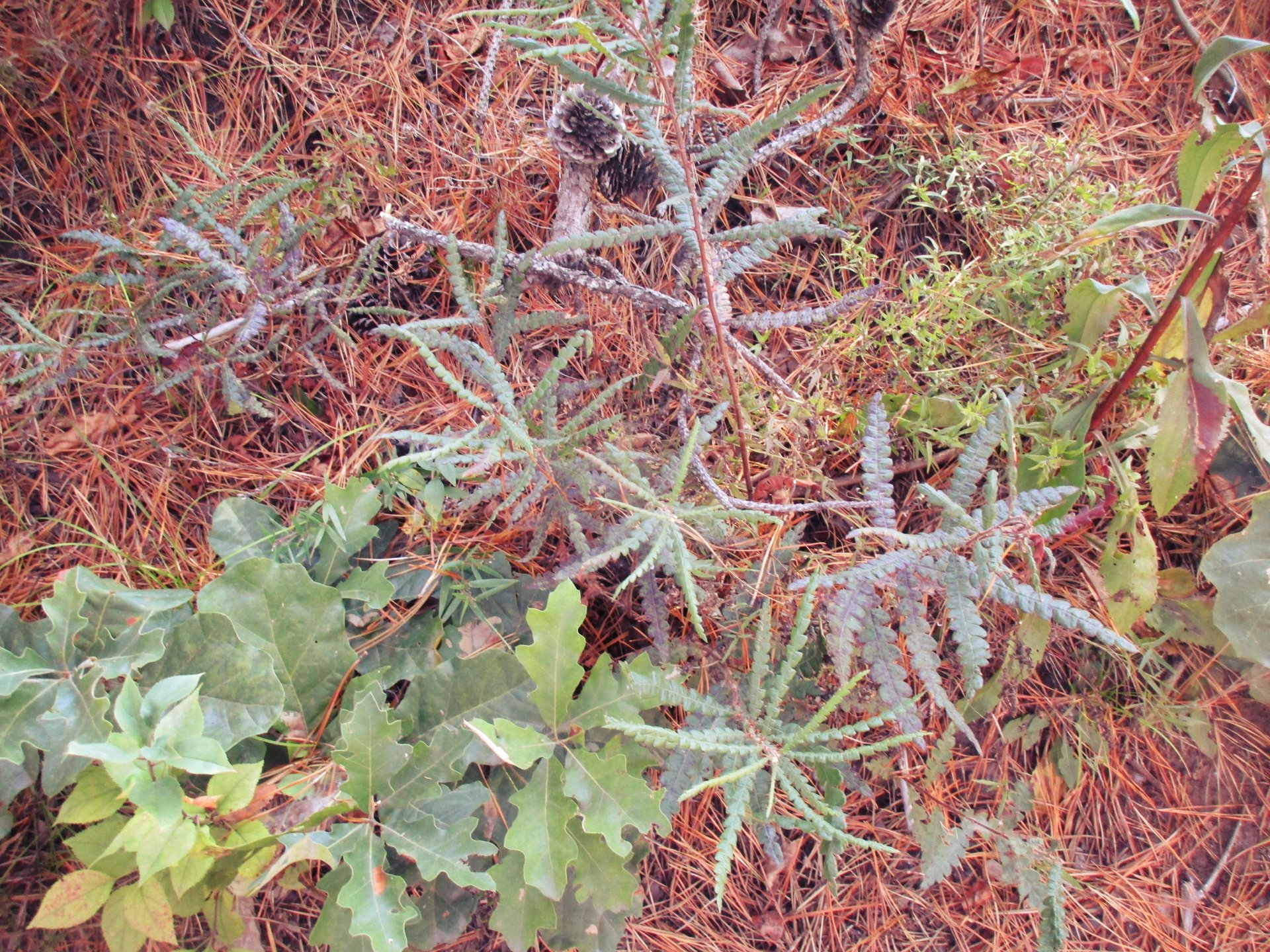Tracy Frirsch drafted the following resolution and is calling on organizations and local legislatures to pass it:
A Resolution Calling on the NYS Legislature and Department of Environmental Conservation to Ban the Use of Sewage Sludge in Compost and as a Soil Amendment or Fertilizer due to PFAS Contamination.
Summary: This resolution calls for New York State to ban the recycling and use of sewage sludge (also known by the PR term “biosolids”1) as a fertilizer or soil amendment, including the co-processing (composting or anaerobic digestion) of sewage sludge with food waste or yard waste, due to contamination with PFAS and other toxic substances.
1. WHEREAS, in the process of treating municipal and industrial sewage, wastewater treatment plants produce a solid, semisolid, or slurry residual material that is commonly called sludge (or biosolids), as a by-product of wastewater treatment processes.
WHEREAS, following treatment, the sludge may be dried and disposed of at landfills or applied as a soil amendment or fertilizer to agricultural croplands and landscapes either without further processing alone or in combination with plant, food or yard wastes.
WHEREAS, sewage sludge is known to contain numerous contaminants:
1. EPA has identified 352 pollutants in sewage sludge including pharmaceuticals, steroids and flame-retardants, but cannot regulate these pollutants in sewage sludge since data as well as risk assessment tools are lacking; and
2. Testing of sewage sludge from municipal wastewater treatment plants everywhere tested around the U.S. has detected per and polyfluorinated alkyl substances (PFAS), also known as “forever chemicals”; and
3. Sewage sludge may also be contaminated with heavy metals.
WHEREAS PFAS are called “forever chemicals” because the strength of the carbon-fluorine bond prevents them from breaking down naturally. This class of chemicals includes more than 12,000 different compounds with various chemical properties. PFAS are commonly used in thousands of products, from nonstick cookware to firefighting foam and protective gear, because they have desirable chemical properties that impart oil and water repellency, friction reduction, and temperature resistance. PFAS as a class have a wide variety of distinct chemical properties and toxicities; for example, some PFAS can bioaccumulate and persist in the human body and the environment, while others transform relatively quickly. The PFAS that do transform, however, will become one or more other PFAS because the carbon–fluorine bond they contain does not break naturally. It is for this reason that PFAS are termed “forever chemicals.”
WHEREAS organizations such as the International Agency for Research on Cancer (IARC), the Agency for Toxic Substances and Disease Registry (ATSDR), and the EPA have linked exposure to PFAS (particularly PFOA-perfluoroctanoic acid and PFOS-perfluoroctanesulfonic acid) to multiple cancers, thyroid dysfunction, small changes in birthweight, and high cholesterol.
WHEREAS, in Spring 2022, the state of Maine banned all land application of sewage sludge and other biosolids because of documented PFAS contamination of soils, well water, farm products including milk, grains, and vegetables, farm livestock, and the bodies of farm families as a result of the spreading of sewage sludge on farmland;and
WHEREAS PFAS “forever chemicals” and other hazardous chemicals in the sewage sludge are known to contaminate the resulting compost10 or anaerobic digestate; and
WHEREAS PFAS compounds are readily absorbed by plants and they bioaccumulate up the food chain, whether they are in livestock feed, the human food supply or plants or animals eaten by wildlife; and
WHEREAS PFAS compounds leach into groundwater11 and are extremely persistent in soil (and the bodies of people and other animals),
NOW, THEREFORE, in view of the foregoing substantial harmful and long-lasting adverse impacts of the application of sewage sludge in any form on lands and the coincident impacts on air and water resources, <<place organization name here>>, hereby resolves as follows:
1. <<place organization name here>>. supports (1) a ban on the recycling of sewage sludge (AKA biosolids) for use as a fertilizer or soil amendment; (2) the land application of sewage sludge and fertilizers or compost made with sewage sludge; and (3) a ban on the co-processing of sewage sludge with food waste and/or yard waste in a composting operation or in an anaerobic digester.
2. <<place organization name here>>. further resolves to advocate for these bans and to educate the public on their necessity to protect the environment, the food supply, and public health.
IN WITNESS WHEREOF, the organization named below acknowledge its approval and support of this Resolution.
